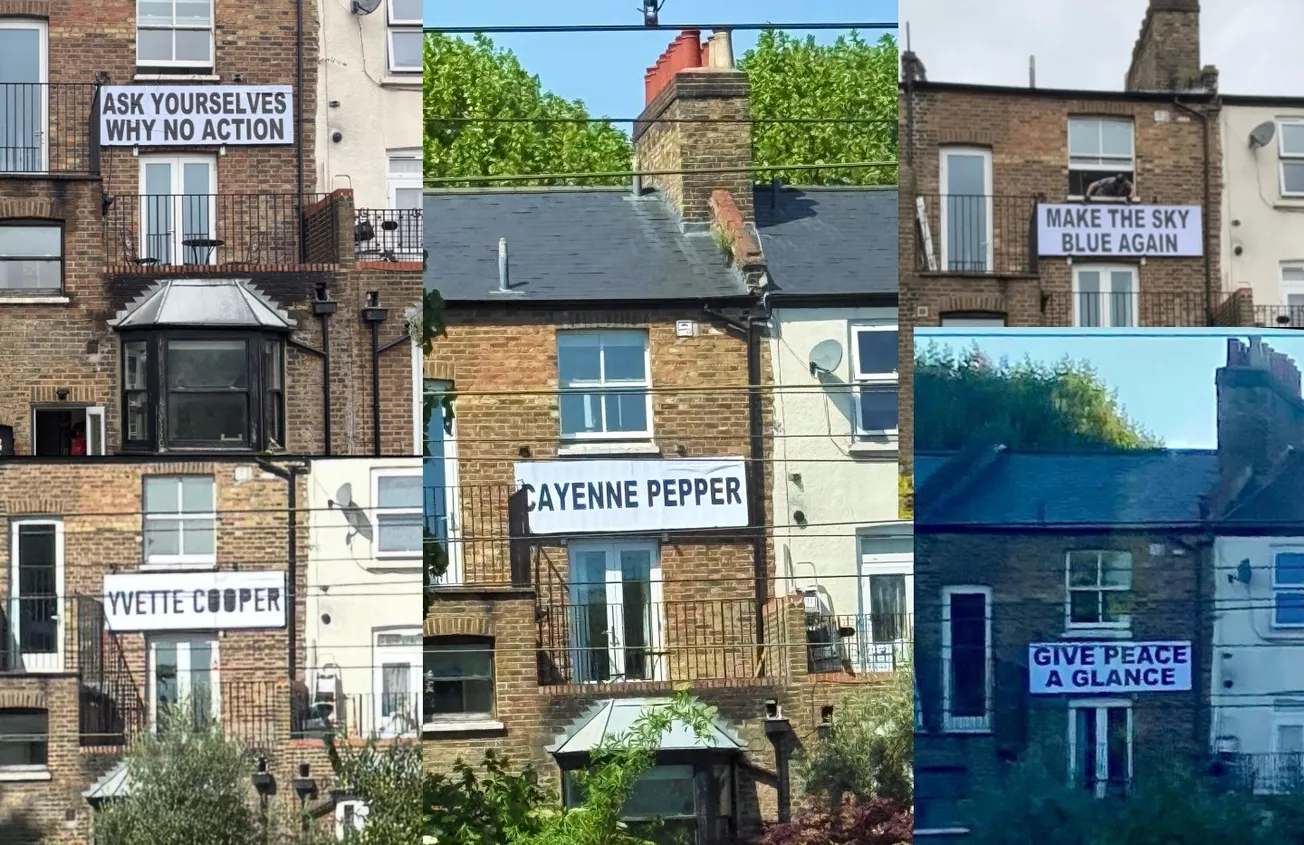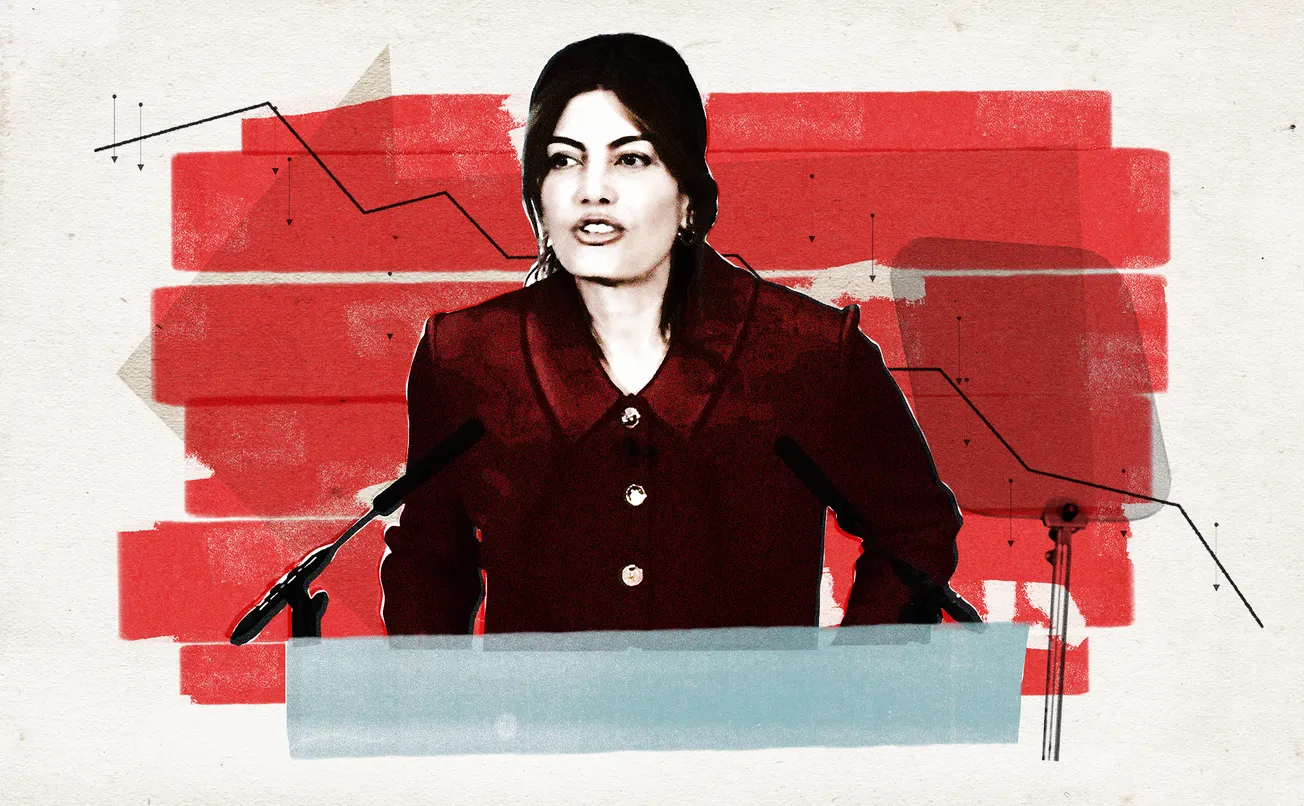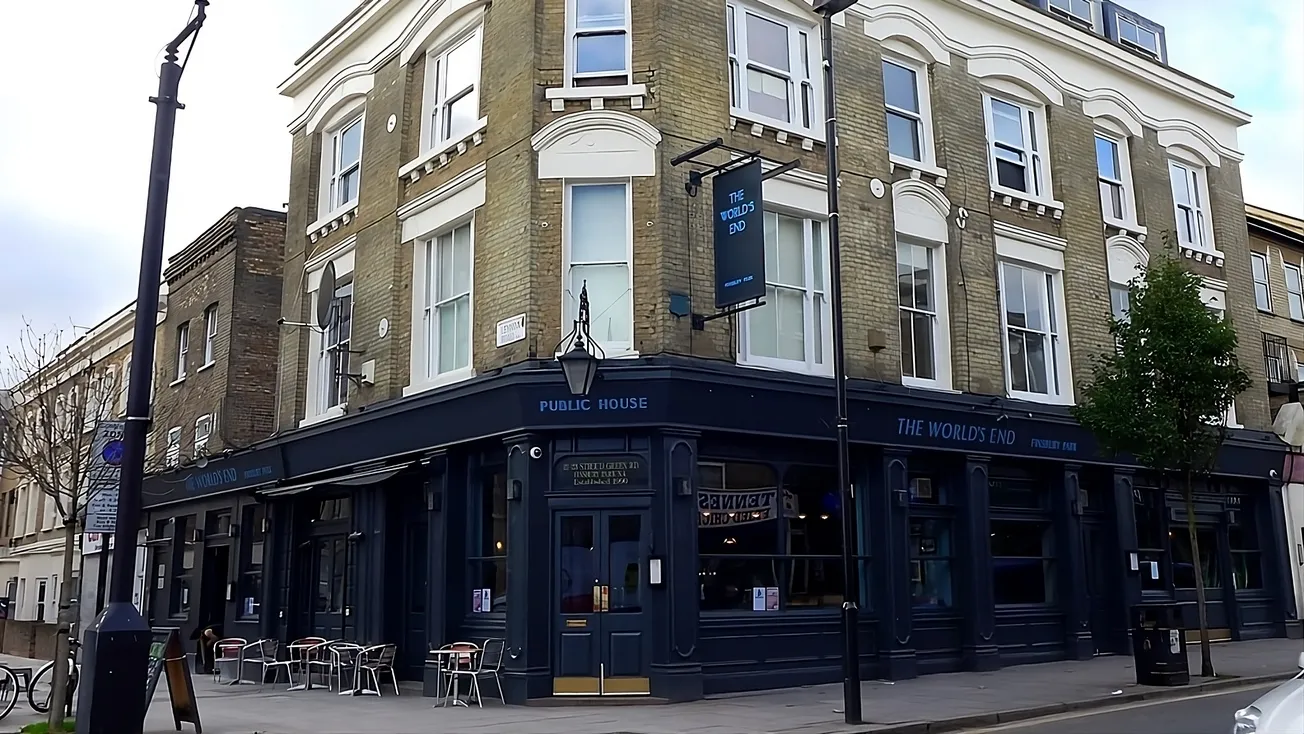Dear Londoners — have you noticed that everybody you know on social media appears to be on holiday right now? Everybody except for us, that is: we're so devoted to the capital that we've instead crafted another beautiful briefing for you. Stay tuned for reports into the decline in the need for butlers, raves in skyscrapers and a new kind of Chinese soup noodle. With Mondays like this, who needs €2 beers and azure waters?
Welcome to The Londoner. We’re the capital’s new magazine, delivered entirely by email. Sign up to our mailing list and get two totally free editions of The Londoner every week: a Monday briefing, full of everything you need to know about that’s going on in the city; and an in-depth weekend piece like the one you're currently reading.
No ads, no gimmicks: just click the button below and get our unique brand of local journalism straight to your inbox.
We'll be straight with you: we aren't backed by billionaire media moguls. The only way we can continue to do what we do is through our members: the people who believe that London's media should be high-quality, in-depth and beholden only to its readers. If you agree with that, then consider becoming a backer of The Londoner with our summer discount — just £4.95 a month for your first three months.
Big story: TfL banned Kneecap from advertising on the Tube for causing “serious offence”. So why did they run ads by a “cult”?
Top line: Belfast rap trio Kneecap have claimed to be the victims of “political policing and interference” after one of their adverts was “banned” from running on the tube. But The Londoner has noticed some other controversial advertisers that the network still seems to run.
Background: Kneecap have been in the headlines due to their support for both Irish republicanism and Palestine. Recently, coverage has ramped up after one of their members was accused of supporting Lebanese political party and paramilitary group Hezbollah, a proscribed terrorist organisation in the UK, which he denies. But the group hasn’t seen a drop in its popularity. Their recent set at Glastonbury was so popular it had to be closed to new arrivals almost an hour before they started as the crowd had already grown too large.
Over the years, Kneecap have run several adverts on the tube, both for gigs and a feature film. All of these featured their logo, a balaclava somewhat based on the ones worn by paramilitaries during the Troubles in Northern Ireland.
Yet now TfL has deemed that a new advert, which uses the same logo, “would likely cause widespread or serious offence to reasonable members of the public”.

Not the only controversial advertiser: TfL’s annual advertising report has a breakdown of which campaigns displayed on its services received the most public complaints. It’s one of the only ways of tracking who is paying to advertise on the tube, given a full breakdown isn’t made public. Among the people or companies whose adverts made it onto the list was the Church of Scientology, right-wing author Jordan Peterson, weapons manufacturer BAE systems and the band Right Said Fred, who have been increasingly controversial after attending a Covid-sceptic rally in London.
But the name that really stood out to us was the “UCKG HelpCentre”, who long-time Londoner readers will remember from our investigation back in January. For those who haven’t been with us that long (we love you all the same) the UCKG is an evangelical church that is taking over London, and who former members describe as a “cult”, with church officials conducting conversion therapy, controlling members’ lives and coercing people to donate their life savings.
What TfL said: A spokesperson for TfL stressed that “adverts submitted for display on our network are reviewed on a case-by-case basis” and that this specific Kneecap advert was banned because “it was deemed that running it would likely cause widespread or serious offence to reasonable members of the public”. When pressed by the BBC on why they had made this decision despite running almost identical adverts for the band before, they offered no comment.
How much do they make from the advertising: Overall, TfL makes around £154mn a year from commercial advertising and partnerships, a drop in the water compared to its £9bn overall revenue. But we wanted more granular details; how much had they made from advertising campaigns with the Church of Scientology, for example? Sadly our Freedom of Information request on the subject was rejected by TfL: the third-party contractor they hire to run their advertising “is not required to report to us on revenue for specific campaigns”.
Your news briefing
🚨 Harrow Council’s children’s services, which oversee and look after children in care, have been slapped with an improvement notice and an inadequate after a litany of serious failures. Among the problems identified were failing to look for young people in their care who go missing, failing to support young homeless people or asylum seekers, and failing to monitor or communicate with children after they leave care.
🤮 In its annual report into the future of leisure, creative agency Bompas & Barr has called for empty London offices to become “late night party zones”. By day, the city bustles with suits and stocks,” the report read, but “by night, it’s reborn as a pulsating rave arena”. The vibes: potentially awful. The novelty value of partying in the HSBC skyscraper: kind of alluring?
⛲ A supposed exodus of London’s rich has led to a fall in demand for the capital’s butler, housekeeping and private security services, reports the Financial Times. But we’d look at this story with a slightly sceptical eye — last month, our research found that the recent rash of stories about the ultra-wealthy fleeing London were actually derived from a single, less-than-credible source.
🚇 Tube fare evasion prosecutions have hit a six year high, according to an investigation by the BBC. In 2024—2025, TfL prosecuted 3,691 people on the tube and 3,044 on the overground, and issued over 25,000 penalty fare notices across the two networks. The numbers will no doubt fuel the current political discourse being milked out of the fear of rampant fare dodging, including viral stunts confronting fare dodgers by Tory leadership hopeful Robert Jenrick. But in actual fact, the figures are somewhat of a return to pre-Covid form — comparable to what they were in 2019, the last year before Covid.
If you missed it
- On Saturday, we delved into the ongoing arms race between Rupert Murdoch and Paul Marshall in their fight to become the right-wing’s most influential media moguls. Expect stories of reporters poached for £250,000 salaries and parties filled with caviar.
- On Thursday, we investigated Capital Letters. A long-shot scheme backed by £37mn of government money that promised to end London’s homelessness crisis, it shut down this year, after years of missed targets, whistleblower complaints and staff allegedly playing Xbox at work.
- On Wednesday, we had another edition of our ongoing series, My first year in London, this time featuring Hannah Burke, a natural wine sommelier and former London-hater turned believer. What changed her mind?
Wining and dining
With endless offerings and non-stop openings, we all know that deciding where to eat and drink in the capital can be fraught. We want to make it easy — so every week we’ll give you our insider guide to the city’s best spots.
One perfect meal: With nearly three centuries of experience under its belt, Chinese noodle chain Song He Lou has finally arrived overseas — and has chosen Wardour Street as its flagship location. Its speciality is Jiangnan cuisine, which focuses on delicate broths and braises, with a heavy focus on both seafood (the region borders the East China Sea) and pork. We recommend the soup noodles with crispy, fried seabass or the tossed noodles with crab roe — spiked with ginger and black vinegar, they’re perfect for the summer heat.
One perfect drink: Nestled right next door to sister restaurant Lardo near London Fields, Bastardo (!) is a new wine bar focused on low-intervention wines and Italian-inspired bar snacks. So far, so Hackney (and, depending on your tolerance for the natural wine and small plates industrial complex, so eye-roll). But with its pavement tables and impromptu pizza fritti, Bastardo is an undeniably fun summer hang-out spot. Close your eyes and you can almost convince yourself that you’re in Naples, like everybody on your Instagram seems to be.

Our favourite reads
Remembrance of scents past — Margaret Talbot, New Yorker
In this beautiful feature, Talbot meets Tasha Marks, a scent designer who’s worked with institutions like the British Library and London Museum Docklands to immerse visitors in times long past. Now, Marks is working on the V&A’s new blockbuster Marie Antoinette exhibition, where she’s recreated the smell of the French’s queen's perfume, as well as more unorthodox notes, such as a masquerade ball at Versailles: ‘“oak parquet floors, beeswax candles, a smidge of floral and smoke, that sort of welcoming smell of a party—bodies, but in a pleasant way.”’
These Americans went looking for the Britain found onscreen. They found a different story. — Eleanor Stanford, New York Times
In Lena Dunham’s new Netflix series, Too Much, the protagonist leaves New York after a bad break-up and moves to London, which she’s imagined as a Richard Curtis-esque world of pastel townhouses and floppy haired, charmingly bumbling men. The reality of the city, of course, is a little different. In this piece, Stanford meets Americans who’ve made a similar journey to see how their dreams bore out.
To Do List
- Are you desperately in need of £100 and feel an affinity with both children’s games and boiled eggs wrapped in meat? Well, from 1—3pm on 25 July, Leadenhall Market is hosting a series of Scotch egg races (think egg and spoon race, with Scotch eggs instead). Winners get £100, but even the losers get a free scotch egg — a win-win.
- The latest iteration of Sculpture in the City, a series of free outdoor sculptures by big name artists dotted Liverpool Street and Aldgate, is launching on Wednesday. Running until summer 2026, it features works from the likes of Ai Weiwei and Andrew Sabin.
From the archive
It's Monday, it's hot, and we're not currently lying on a beach somewhere. To help us get through, we've been watching this 1978 BBC segment about a pet duck living in Croydon on repeat. Herbie, the water bird in question, eats cornflakes, plays fetch and loves a skateboard.







